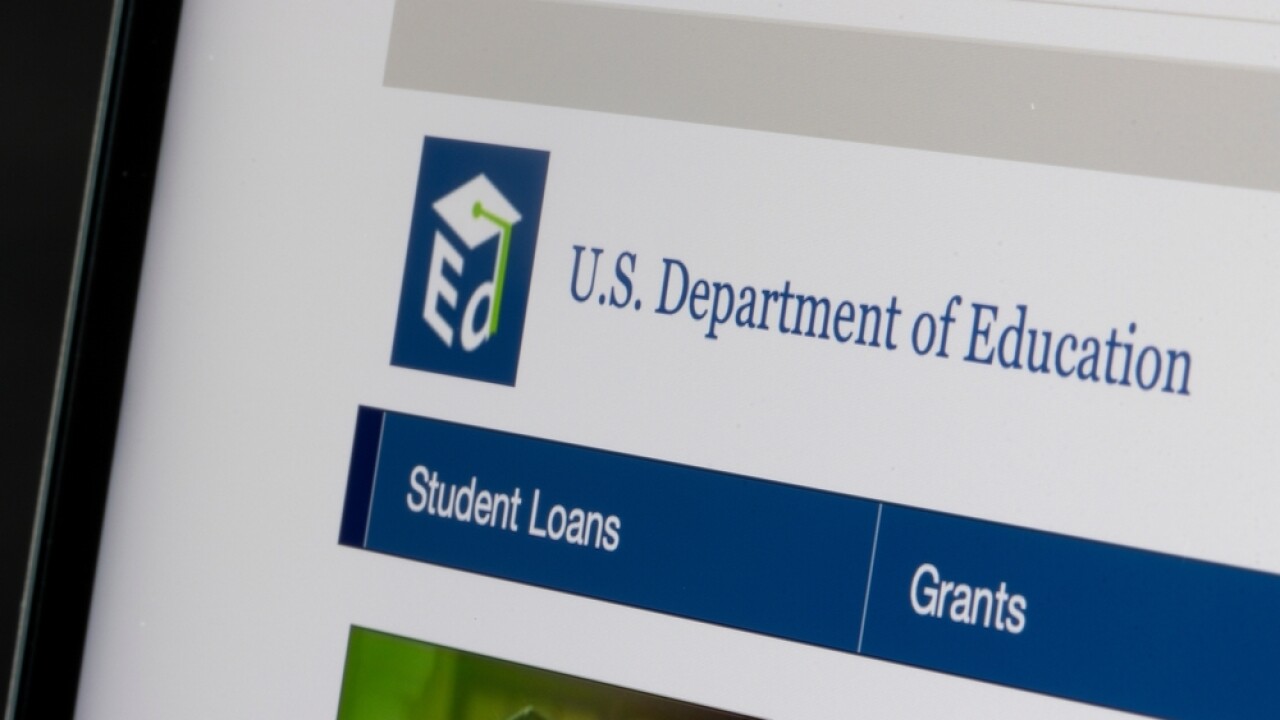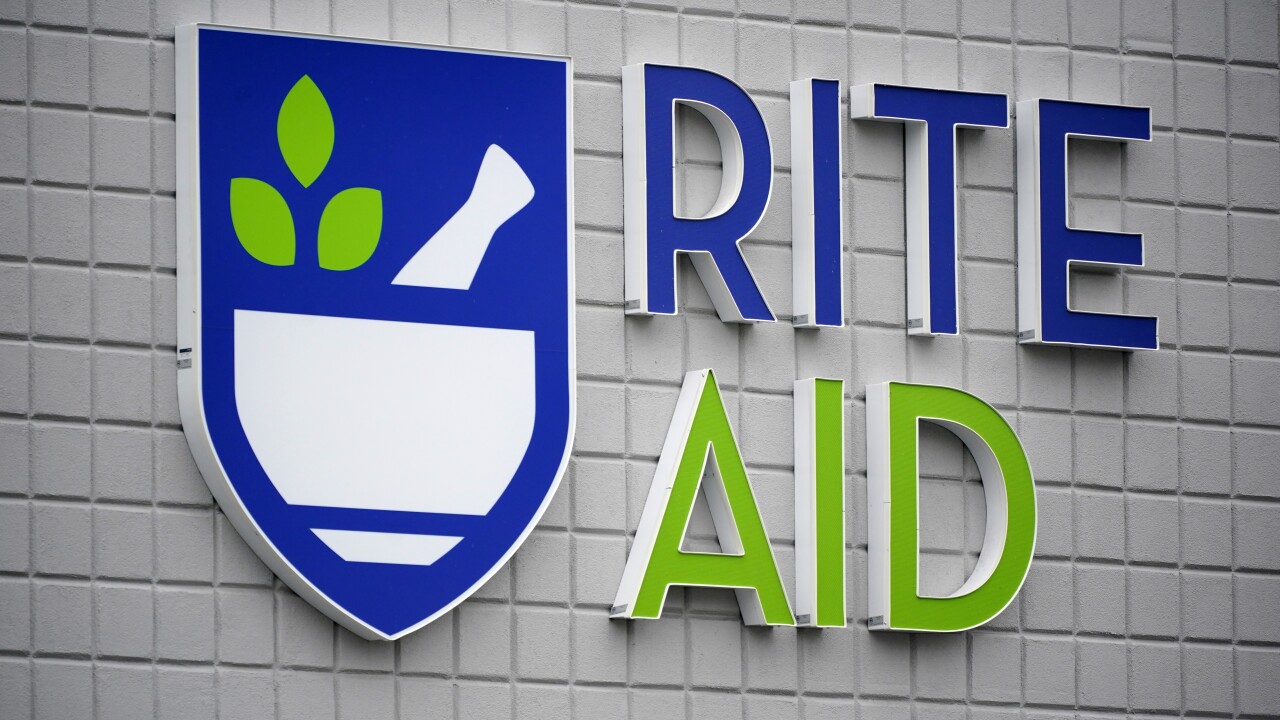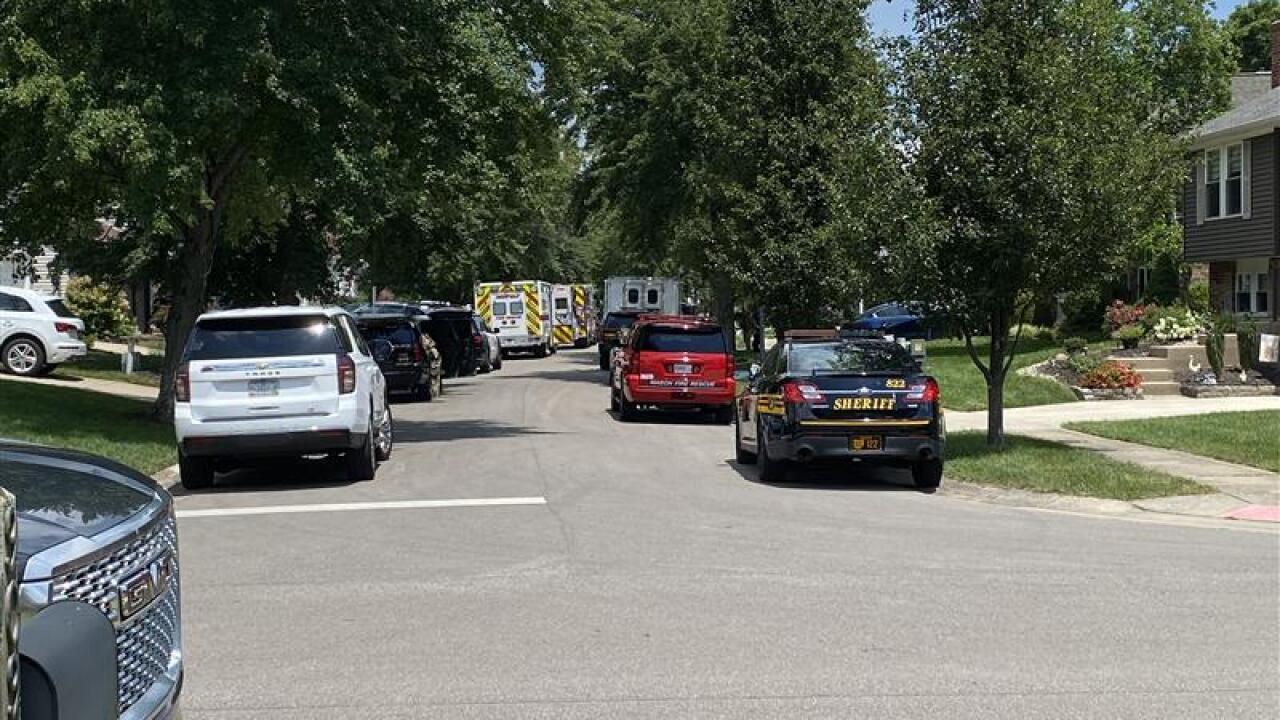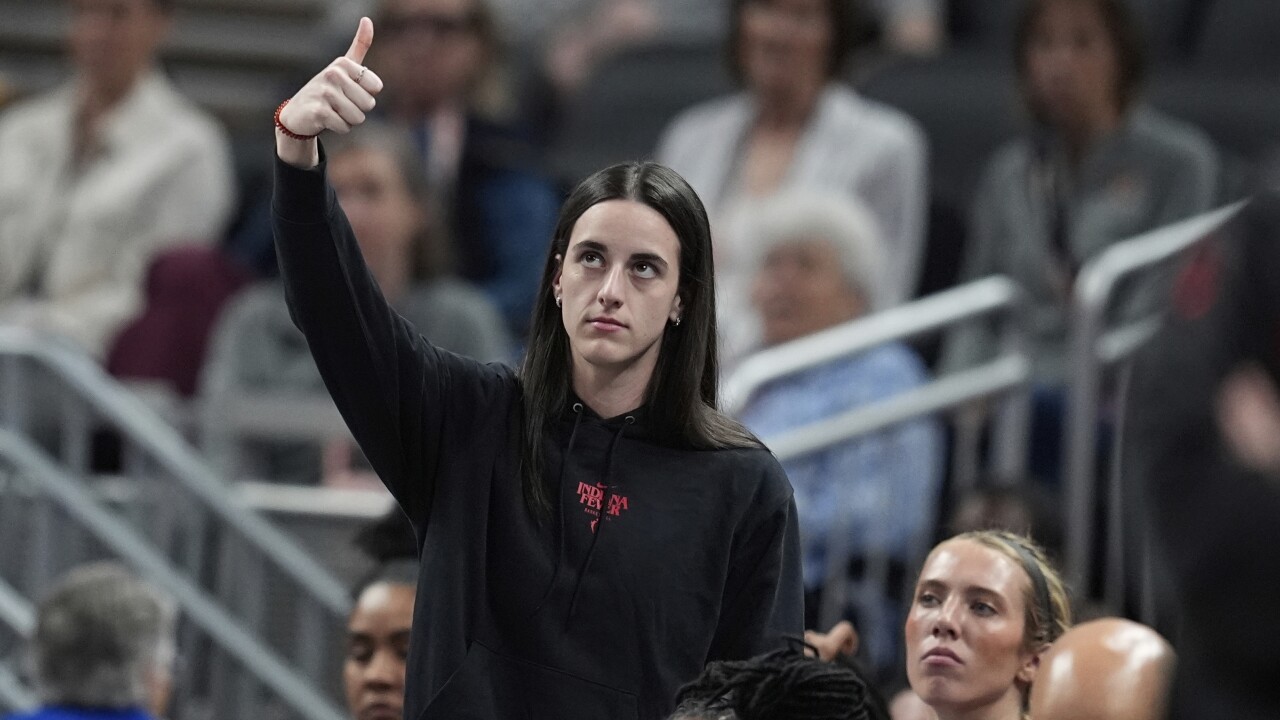Many borrowers are unsure about the implications of a federal change of student loan arrangements for their aspirations to have their loans erased. People have specifically questioned if they will still be eligible for forgiveness if they are engaged in an income-based repayment plan, or IBR.
According to a recent Education Department update, the IBR plan’s forgiveness is on hold while systems are adjusted. The government stated that after those modifications are finished, IBR forgiveness will start up again.
A federal court’s injunction against former President Joe Biden’s Saving on a Valuable Education, or SAVE, scheme has no bearing on IBR. Congress developed the IBR plan independently of other repayment plans that were already in place, such as PAYE and ICR. Additionally, it is not subject to certain changes resulting from the tax and spending plan signed into law by President Donald Trump.
Here’s some information.
Because the SAVE, Income-Contingent Repayment, or ICR, and Pay As You Earn, or PAYE, programs were not established by Congress, loan forgiveness for them is temporarily on hold following a court order last summer. The case raised concerns about whether the federal law governing those schemes permitted student loan forgiveness. A different authority was in charge of creating the IBR plan.
Congress established IBR, which lowers monthly payments for borrowers with lower incomes. Additionally, it makes use of a law that permits the balance of student loans to be forgiven at the conclusion of a 20- or 25-year repayment period.
A deadline for the completion of the system update and the resumption of forgiveness has not been provided by the Education Department.
IBR borrowers who have met the forgiveness threshold but are not having their debts discharged because of the suspension can still make payments in the hopes that the Education Department will reimburse them for any overpayments. Depending on when borrowers registered, the plan gives forgiveness after 240 or 300 monthly payments.
Additionally, borrowers can ask their loan servicer for forbearance. If such were the case, interest would still be charged on any outstanding debt.
The Repayment Assistance Plan will eventually replace the ICR, PAYE, and SAVE plans as part of Trump’s tax and spending bill. After twenty or twenty-five years, IBR plans will still be in place and offer forgiveness. In contrast, RAP will not be forgiven until 30 years of payback have been made.






